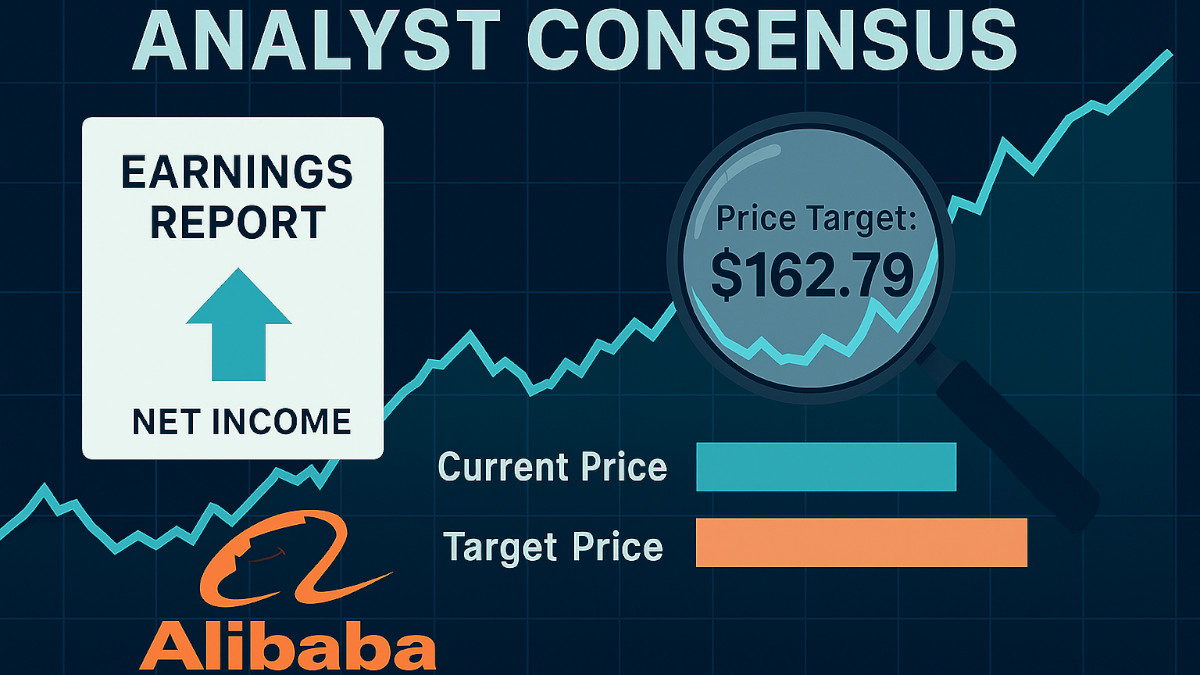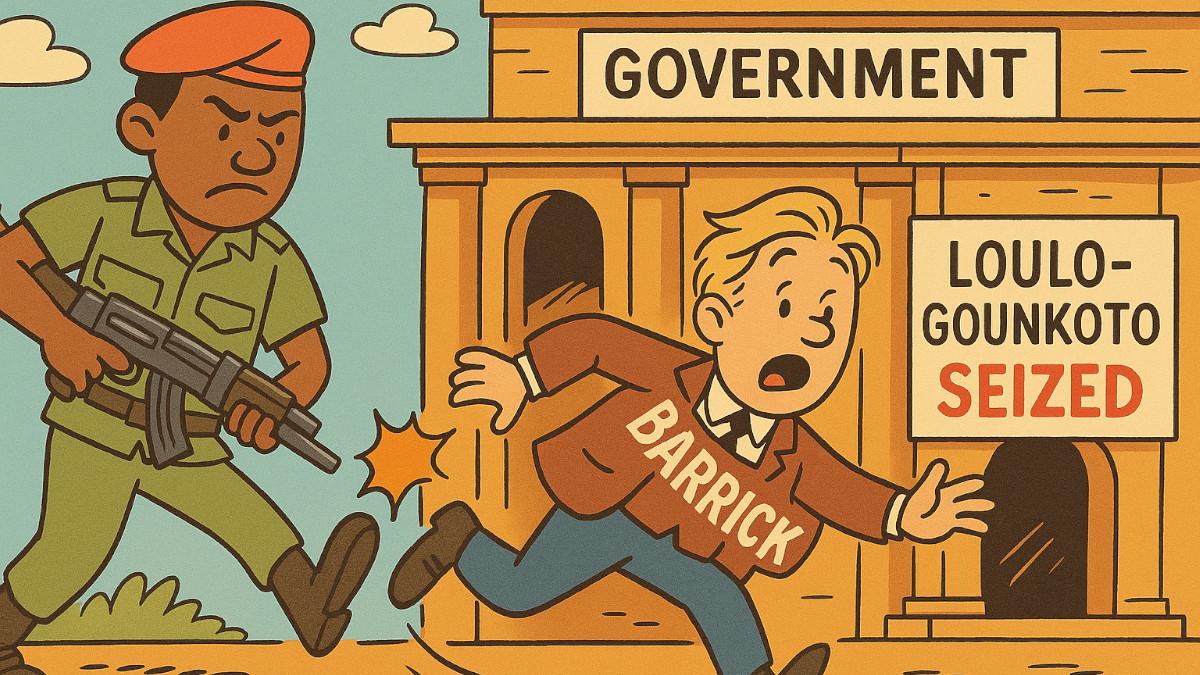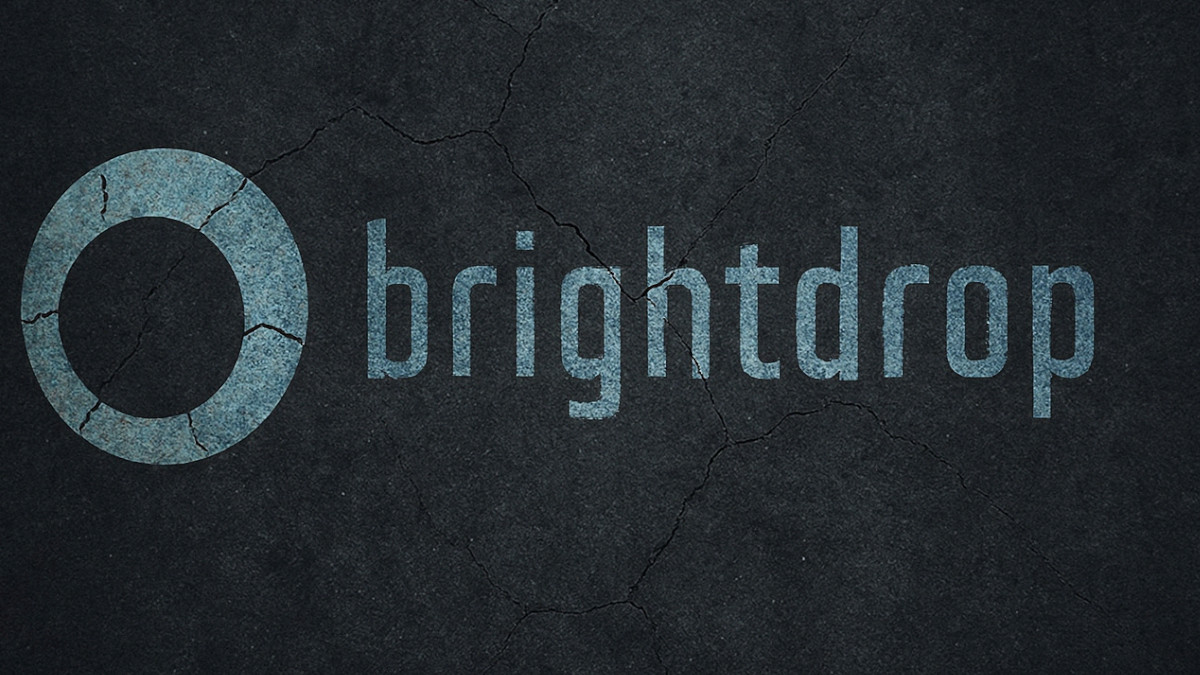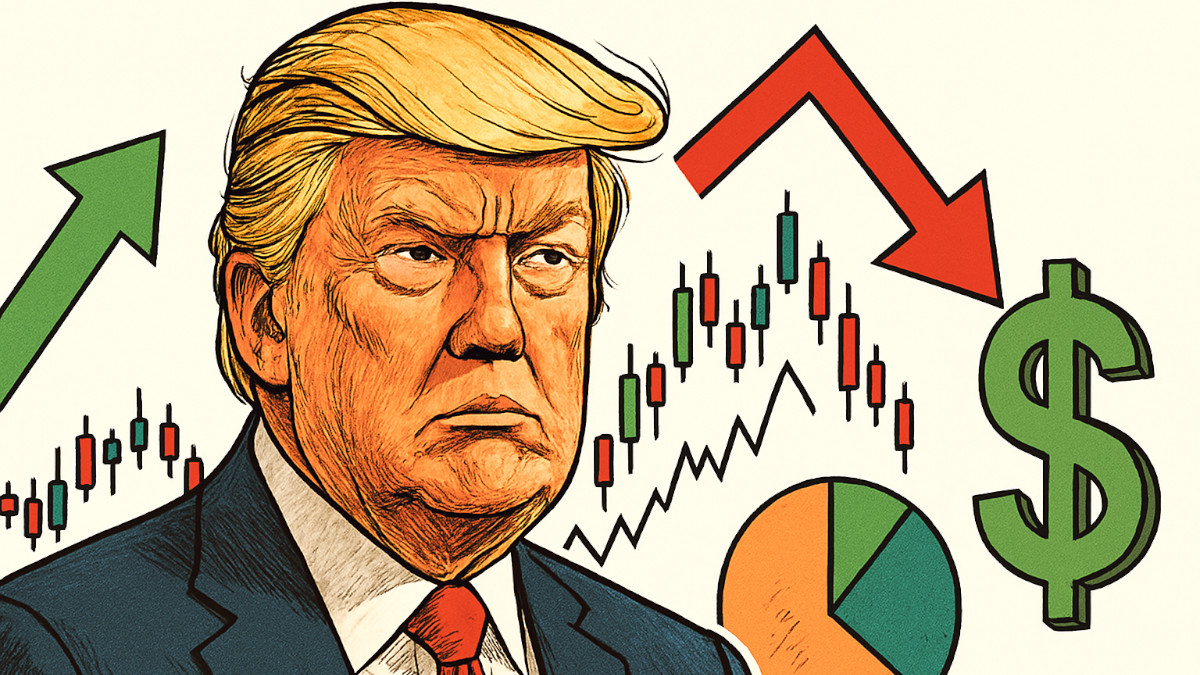The RBA’s Rate Hold Amidst Global Cuts

Australia's central bank has maintained its interest rates, diverging from the global trend of rate cuts.
Key Drivers
- Inflation Concerns: The Reserve Bank of Australia (RBA) remains cautious about inflation risks, despite easing pressures elsewhere.
- Tight Labor Market: Australia's strong job market and rising wages continue to fuel inflationary pressures.
- Migration Wave: Increased migration is driving up competition for housing and services, contributing to higher costs.
- Global Economic Trends: The RBA is mindful of the potential impact of global economic factors, including a slowdown in China.
Australia's decision to pause rate hikes contrasts sharply with the Federal Reserve's aggressive rate cuts. This divergence highlights the unique economic challenges faced by Australia, including a tight labor market and inflationary pressures.
While the RBA's decision was widely expected, it could have implications for the Australian dollar and domestic economic growth.
- A stronger Australian dollar could make exports less competitive, while higher interest rates could continue to strain consumers and businesses.
The RBA's position could impact Australia's economic growth, particularly if it leads to a slowdown in consumer spending and investment. Also, a stronger Australian dollar could put pressure on businesses that rely heavily on exports.
The market's reaction to the RBA's decision is likely to be mixed. While some investors may be concerned about the potential impact on economic growth, others may view the central bank's focus on inflation as a positive sign.
The RBA's decision highlights the ongoing uncertainty surrounding the global economy. While some central banks are easing monetary policy, others are maintaining a more cautious approach. The divergence in monetary policy could lead to increased volatility in financial markets and economic uncertainty.
You may want to monitor the Australian dollar and domestic economic indicators closely. A stronger Australian dollar could present opportunities for those who are short the currency, while a weaker economy could create challenges for businesses and consumers. Additionally, investors may want to consider the potential impact of the RBA's decision on interest rate-sensitive sectors, such as housing and consumer durables.
Risk Assessment
The RBA's decision to maintain interest rates could increase the risk of a recession if the economy weakens significantly. Additionally, a stronger Australian dollar could put pressure on businesses that rely heavily on exports.
AUDUSD Technical Analysis
There is an upward bias in AUD/USD, meaning traders expect the Australian Dollar to continue strengthening against the US Dollar. This trend is based on the recent price movement from 0.6348 to the current level.
Support and Resistance Levels
Support - The first level of support is at 0.6735. If the price falls below this level, the short-term uptrend might lose momentum. However, a more critical support zone lies between 0.6169 and 0.6348. A drop below this area would signal a significant shift in the overall bullish trend.
Resistance - The next target for the bulls for those expecting the AUD to rise is 0.6896. This target is based on Fibonacci retracement indicator. A break above 0.6915 could open the door for further gains towards 0.6941.
AUDUSD Overall Analysis
So what we have is a medium-term bullish perspective for AUD/USD. The current rise looks like the third leg of a corrective pattern (Third Leg of a Corrective Pattern refers to a price movement that interrupts a larger trend. It's often seen as a temporary pause or retracement before the main trend resumes), indicating a potential for further upside.
Bottom Line for AUDUSD
The AUD/USD trend favors the Australian Dollar in the short term. Keep an eye on the support levels, especially 0.6736 and the broader zone between 0.6169 and 0.6348. A break below these levels could indicate a change in trend. If the bulls manage to push the price above 0.6915, further gains towards 0.6941 are possible.







